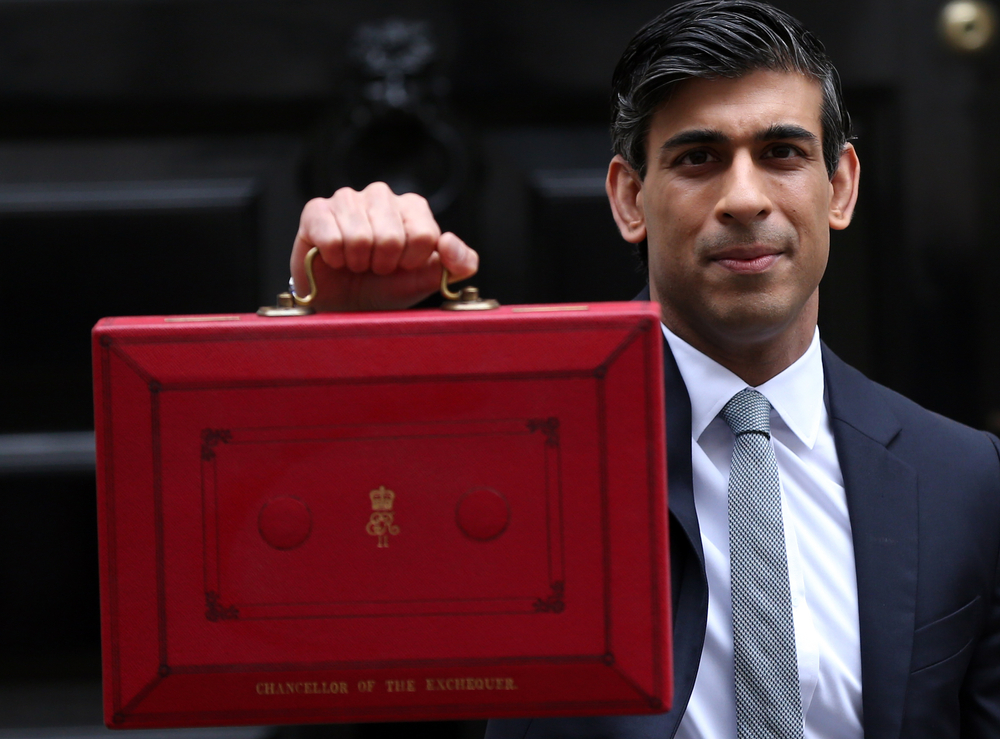
The Autumn Budget comes at a turbulent time for the UK economy. Brexit has introduced new rules and regulations and many companies are still coming to terms with new trading realities. The COVID-19 pandemic has also meant the UK has needed more financial support with furlough schemes and the boost to Universal Credit.
The Autumn Budget highlights the Government’s plans for spending and taxes for the next year. Sunak’s Budget includes his two key fiscal rules – that borrowing should fall as a percentage of the economy and that the government would only borrow cash to invest in projects that will help the economy grow.
Here, WeAreTheCity take a look at the Budget’s key points and how they might impact women.
The UK’s lowest-paid workers will see their wages rise from 01 April 2022, with the National Living Wage (NLW) increases from £8.91 to £9.50 an hour. This means an employee working 35 hours a week will see an increase of £1,073.80 to their annual earnings.
The minimum wage for people aged 21-22 is going up from £8.36 to £9.18 an hour and the Apprentice Rate rises from £4.30 to £4.81 an hour.

Sunak announced that the public sector would once again see their pay rise, after a one year pause. The public sector includes nurses, social workers, teachers and police officers, and is estimated that more than five million public sector workers will see the benefit of this pay rise.
Unfortunately, the Chancellor announced that National Insurance would rise from April 2022. Sunak announced that National Insurance contributions would increase by 1.25%, breaking the Conservatives’ manifesto, which promised not to raise taxes.
The Universal Credit taper rate will also be cut by 8 per cent no later than 01 December, bringing it down from 63 per cent to 55 per cent. This means for every £1 a person earns, they will receive 55p less in Universal Credit.

The Autumn Budget has revealed that schools will get an extra £4.7 billion by 2024-25. There will also be funding of £2 billion to help schools and colleges recover from the COVID-19 pandemic.
A further £300 million will be spent on a “Start for Life” parenting programme, with an additional £170 million promised for childcare by 2024-25.
It has also been announced that a cash injection of £3 billion will be given to both post-16 education and adults later in life.
The number of skills boot camps in areas such as artificial intelligence, cybersecurity and nuclear will also be quadrupled.
The Budget included a £500 million plan to support parents and children in England.
That is made up of £200 million to support families with complex issues; £82 million for parenting advice centres in 75 different areas; £100 million for mental health support for expectant parents; and £50 million of breastfeeding support.
“Stronger growth, with the UK recovering faster than our major competitors.”
“Stronger public finances, with our debt under control.”
“Stronger employment, with fewer people out of work and more people in work.”
“Growth up, jobs up, and debt down.”
“Let there be no doubt – our plan is working.”
